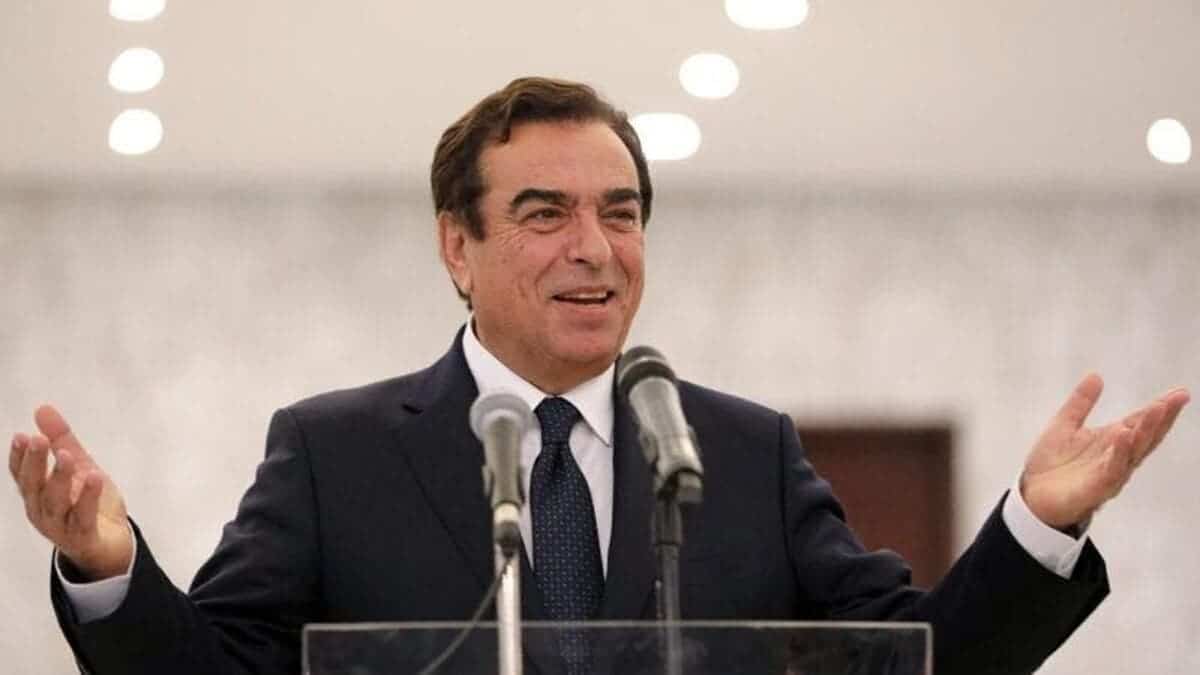President Michel Aoun has accepted the resignation of Information Minister George Kordahi, and according to official sources has expressed hope that this move “would put an end to the imbalance in Lebanese-Gulf relations.”
Kordahi had been in the eye of the storm for criticizing the Saudi-led military intervention in Yemen during an interview that was recorded before he became minister in September.
The interview was aired on Lebanese TV after he joined the cabinet, and his comments angered Saudi Arabia, Kuwait, Bahrain, and the United Arab Emirates, who recalled their ambassadors from Beirut.
Kordahi, a TV personality who hosted the regional iteration of the quiz show Who Wants to be a Millionaire, was already tipped to resign, with even the Arab League urging for it.
Announcing his resignation on Friday, December 3, Kordahi said he had taken the decision because “Lebanon is more important” than his position.
“I do not accept to be used as a reason to harm the Lebanese residing in Gulf countries because the interests of my country and my loved ones are way above my personal ones,” he told reporters.
“I had been informed by Prime Minister, Najib Mikati, that French President Emanuel Macron is scheduled to travel to Saudi Arabia and that France would like me to resign before Macron’s visit to the KSA,” added Kordahi.
Official sources said Aoun thanked Kordahi for the move, and also expressed keenness to establish the best relations with the Arab countries in general, and the Gulf countries in particular.
Lebanon is currently experiencing an economic crisis that the World Bank has described as one of the worst in the world.
The erosion of the economy has seen three out of four Lebanese living in poverty as food, medicine, and fuel shortages make matters even more difficult.
The Lebanese pound losing more than 90 percent of its value since end-2019 has complicated the situation further.
Now, as Lebanon looks to Gulf neighbors for aid, a UN envoy has said it is failing its people.

